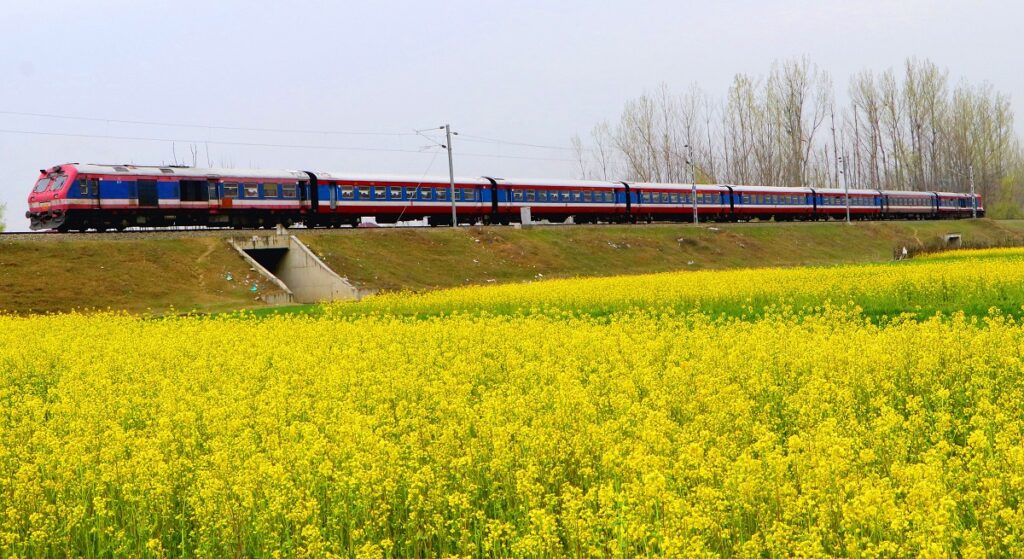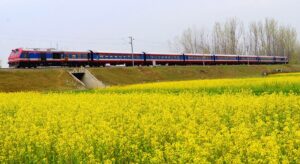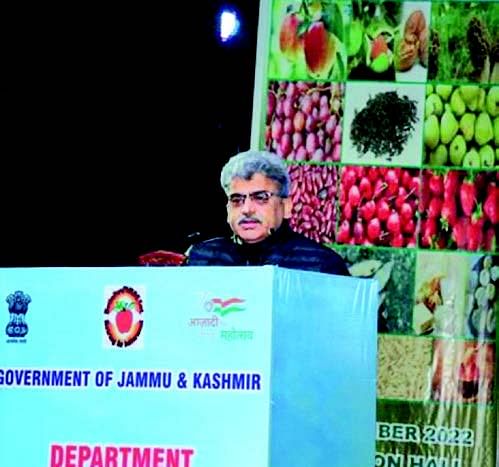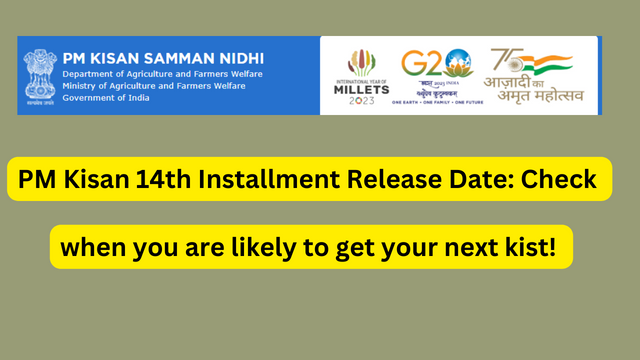
Srinagar, May 21: Agriculture experts have suggested necessary post-harvest measures and dos and don’ts for the farmers as the mustard harvest has started in farms across Kashmir.
Mustard oil seed farming is gaining popularity in Kashmir and this year the Agriculture Department Kashmir has brought record land under oilseed cultivation.
Tariq Ahmad Sheikh, Agriculture Extension Officer Agriculture Department Kashmir, said mustard is exposed to harvesting losses and post-harvest management is necessary to save the crop.
He said the mustard crop matures in about 110 to 140 days. “Harvesting should be done in early morning hours to avoid any shattering of loss with 70-80 percent maturity and sickle should be used to cut the crop close to the ground,” he said.
“The mustard plants should not become 100 percent mature and siliqua should change its 75 percent colour and then harvest should be done to prevent loss. Harvesting should be carried out as soon as the pods begin to turn yellow color and seed becomes hard,” said Tahir.
The expert said that the harvested mustard plants should be tied into bundles and kept under sun for 5 to 6 days to dry to turn seed mature. “Threshing can be carried out by beating the mustard plants with stick. Winnowing is done to separate the grain form husk,” he said.
The Agriculture Extension Officer said that the farmers should follow the precautionary measures during harvest to prevent post-harvest losses.
“Later it should be stored in well maintained, dry and hygienic place so that mustard seed don’t get affected. The seed should have 7 percent moisture in it if we want to store,” he said.
An average yield of 12 quintal per hectare can be expected under good variety and management activities. “Mustard is a rotation crop and it turns soil disease resistant as it is grown in paddy fields,” he said.
He said the department started oilseed mission in 2020 and brought many mustard varieties from outside J&K like RGN 298 which helped in crop production and farmers were benefitted.
Over the years, the agriculture department is taking measures to further push mustard oil cultivation and now farmers have brought more land under its cultivation this year.
Framers expect bumper crop this year saying that every farmer should try two crops in a year that is paddy and second is oil seed or mustard.
“The rate of mustard and other oils has increased a lot and people should grow oil seeds. The rates of oil are unaffordable for poor people,” said Imtiyaz Ahmad, a farmer from Tangmarg
As per the figures of the Agriculture Department Kashmir during the 2022-23 Rabi season, an area of 1.5 lakh hectares has been brought under oilseeds cultivation which is the record number so far.
Last year, as per the figures 1 lakh hectares of land, was brought under oil seed cultivation and in the year 2021, only 30,000 ha of land was under mustard oil cultivation in the valley.
Director Agriculture, Chowdhary Muhammad Iqbal said Kashmir, oilseeds are grown almost in all areas, but chief oil seeds producing areas are Anantnag and Srinagar.
The director said that rise in oilseed production will help in reducing the exorbitant prices of oils. “It will reduce the dependence of imports of processed Mustard Oil, thereby reducing the prices of edible oil to some extent,” Iqbal said.
He said the adoption of drought-tolerant varieties can come as rescue to the existing problem of oil seeds by plant breeding programs selection and hybridization between introduction lines
To realize the Prime Minister’s goal of doubling the farmer income, the Department of Agriculture Kashmir had launched a massive campaign under ‘National Mission on Edible Oils’ for doubling the area under Oilseeds (Mustard).
The Director Agriculture said that main objective of the oilseed mission is to bring more and more land under the cultivation of oilseed (mustard).
Iqbal emphasized on the importance of oilseed in the agriculture sector. He said there is a great scope for this crop in the valley so far as its productivity is concerned, which is comparatively better than many other parts of the country.
He said the oil recovery rate of the mustard, produced in the valley is much better than the mustard produced in some other parts of the country and these are the driving forces that Department are taking seriously in order to increase the area under this importance crop.
Also Read





[…] Willie Lynch Letter is a controversial historical document that holds immense significance in American history. In this article, we will delve into the […]